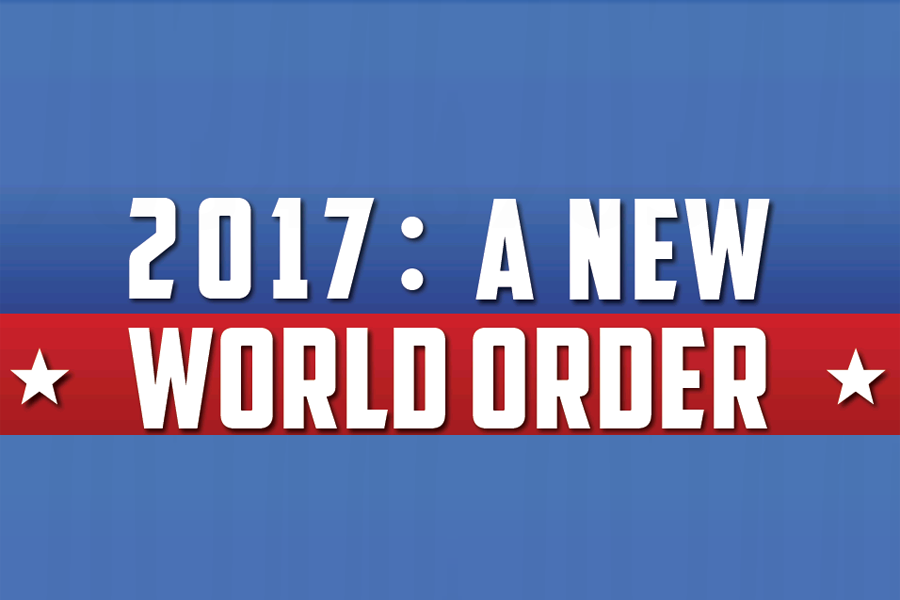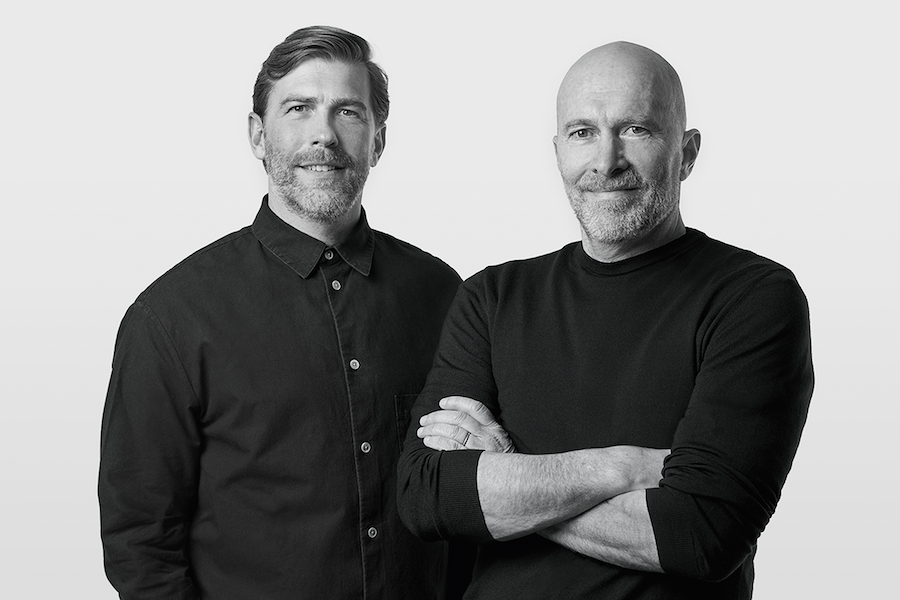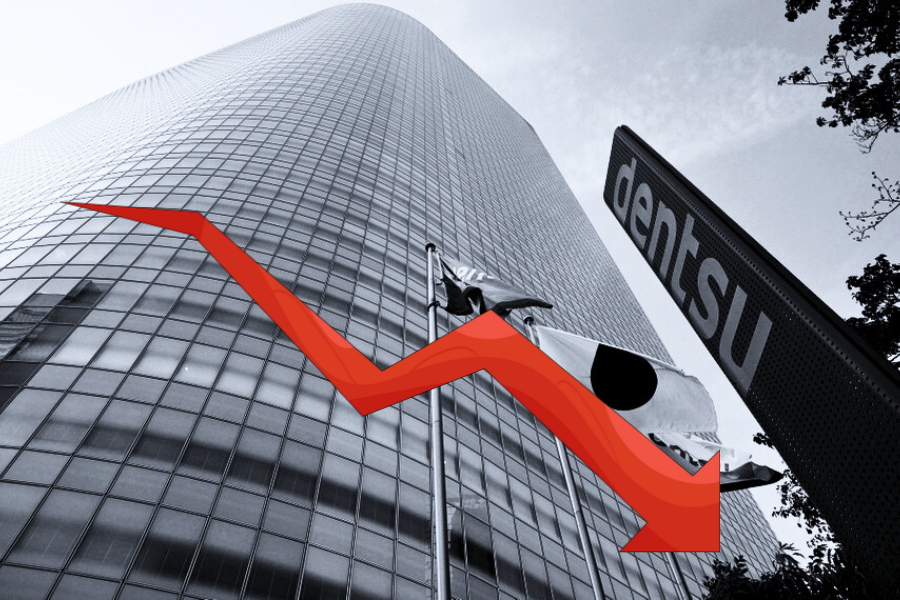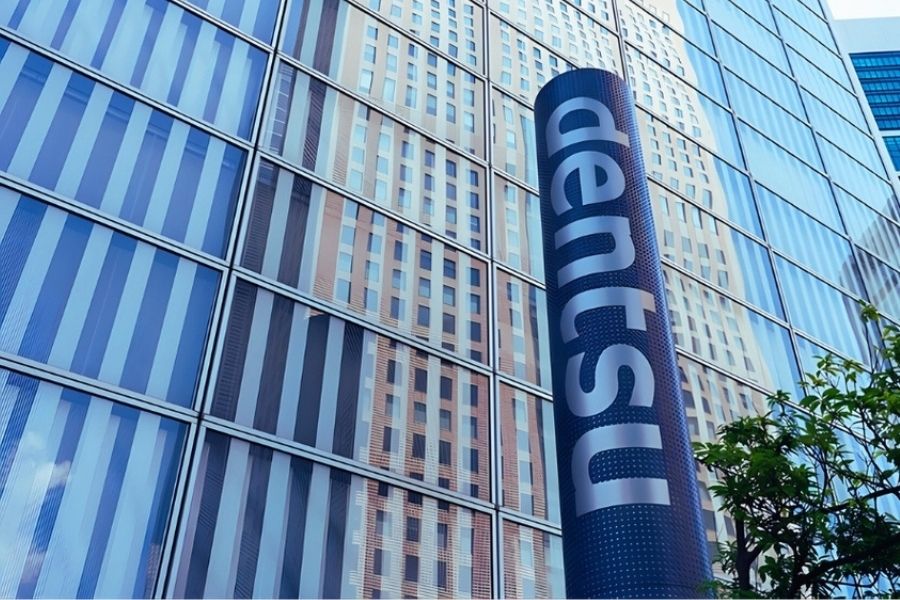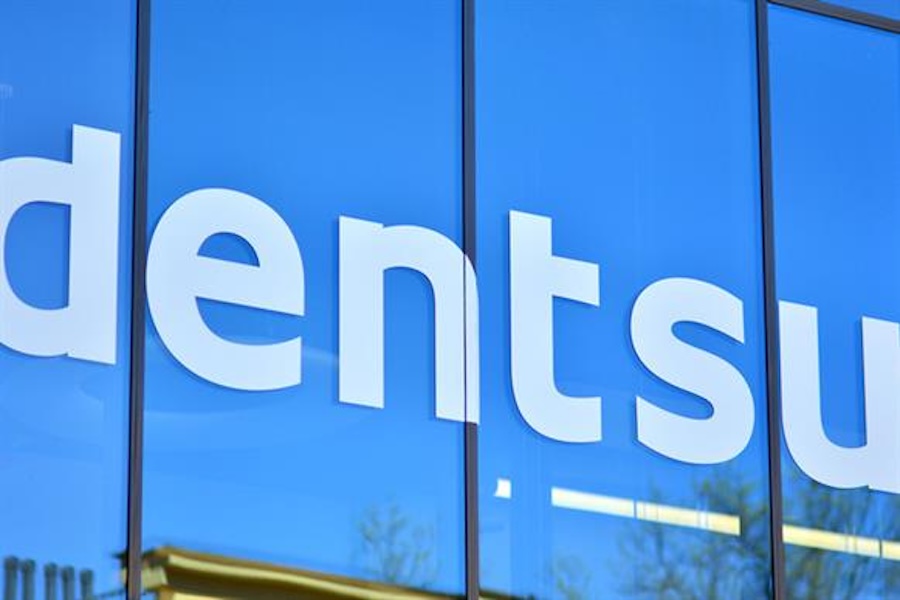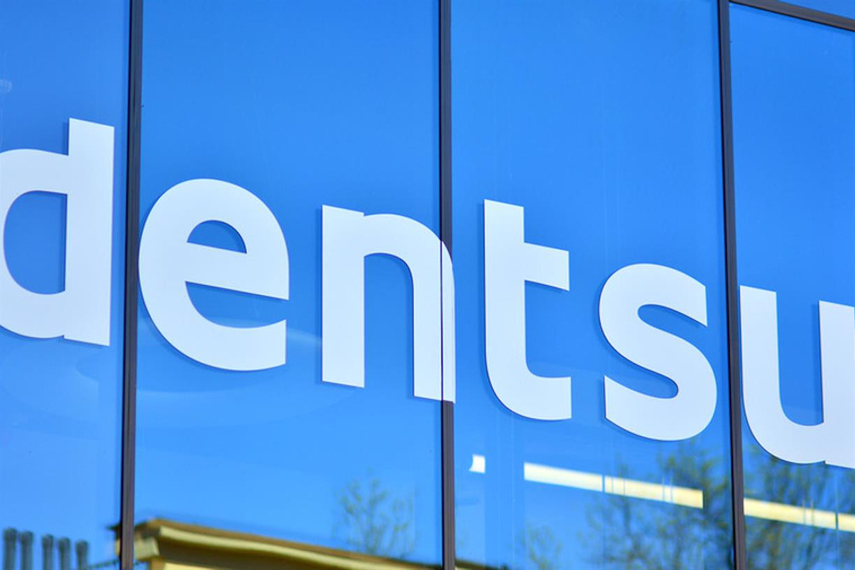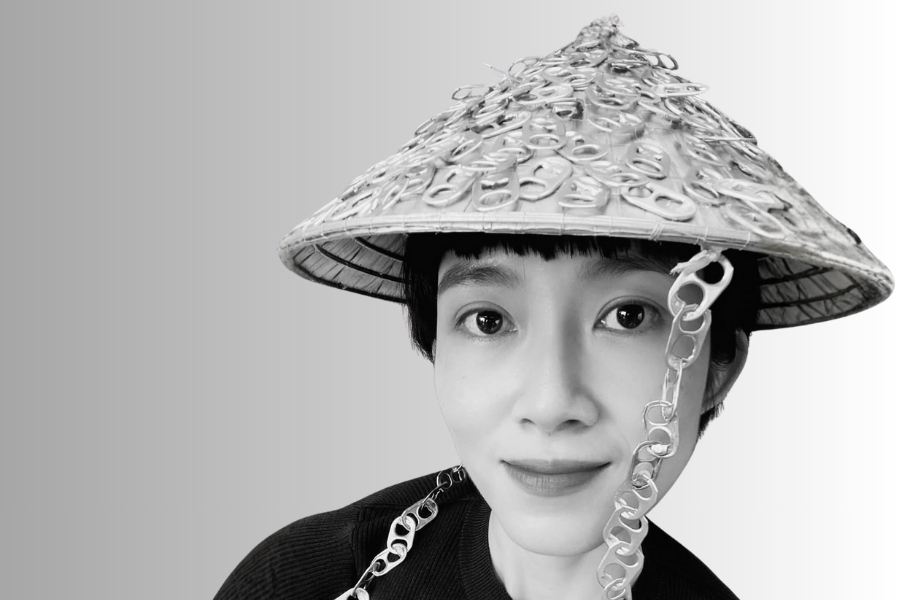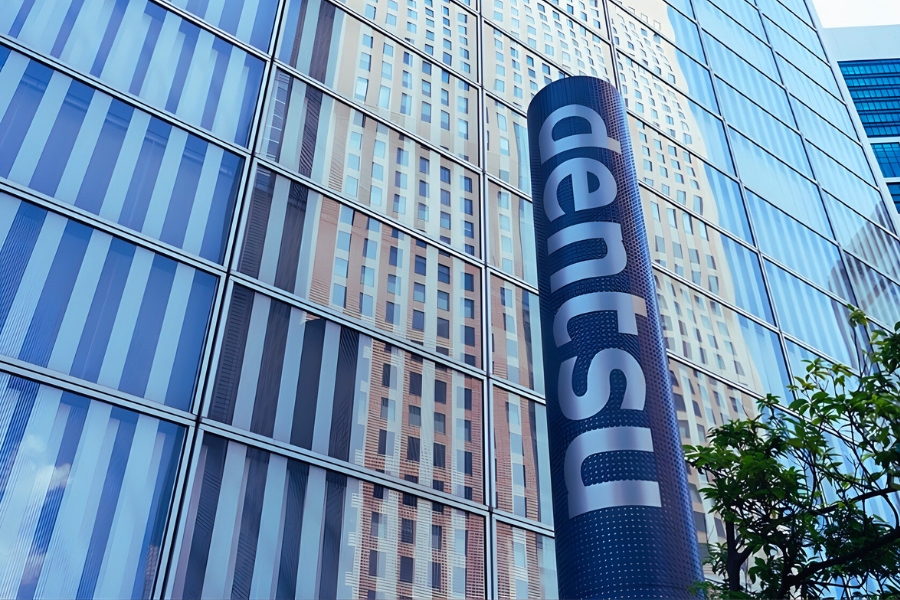Editor's note: We'll be featuring 2017 Outlook content from the latest issue of Campaign all this week. Subscribers can see it all now in the emagazine.
When asked to reflect on 2016, there’s just no getting past Donald Trump’s surprise victory in the US presidential election, and it’s a common opening theme for many of the expert opinion pieces in this report. This event, combined with the UK’s decision to leave the European Union, implies increasingly protectionistic measures by two nations that control a substantial portion of the world’s advertising spend.
IPG Mediabrands Magna has predicted that, as a result, next year’s global ad spend growth will slow to 3.6 percent—its lowest rate in 15 years, outside of the 2008/2009 recession. But in this—as in much that’s happening on the world stage—opinions differ. Forecasts released by Publicis Groupe’s Zenith and WPP’s GroupM both predict 4.4 percent growth next year and therefore minimal to no significant impact from either Trump’s victory or the Brexit vote.
Nevertheless, Rob Norman, chief digital officer of GroupM, expressed his personal opinion that “the pause button seems to have been hit on a decades-long path to borderless trade and global brands”.
“Global brand owners are increasingly feeling competitive pressure from local brands, every bit as much as they do from one another,” Norman explains.
But there is cause to hope that the industry in Asia-Pacific will weather the storm from the West, thanks to increasing levels of independence gained over the past few years. “Less than US$200 million of the $3.2 billion M&A deals in Asia-Pacific this year were done by holding groups (Dentsu and WPP for the most part),” writes Greg Paull, principal R3. “To some extent, Asia-Pacific has already become self-sufficient”.
In China, for example, the M&A league tables are led by local, non-agency holding companies such as Keda Group, Nantong Metal Forging Company and Simei Group, points out Paull. Whereas it is Japan-rooted Dentsu that made 31 acquisitions globally, valued at more than US$1.7 billion in investment.
Speaking of Dentsu, Japan won’t be moving out from under the shadow of its overcharging scandal anytime soon, believes Nori Takahiro, founder of Sukedachi and a business representative of Sharethrough. Especially when combined with the even more recent controversy caused by the shutdown of mobile internet company’s DeNA’s content curation sites due to dubious content. “The shockwaves will eventually extend to corporate ‘owned media’ sites,” writes Takahiro. “Those that cannot create original content will probably begin to disappear. This could lead to the extinction of curation websites, crowdsourcing, and content marketing.”
That said, Takahiro is optimistic that the “online catharsis” will clear the way for high-quality content and properly run websites. He is also hopeful that the Dentsu incident will lead to the widespread use of ad verification and viewability metrics in Japan.
For marketers, the issue of agency transparency is going to remain a top concern in 2017, says James Thompson, global managing director of Diageo Reserve.
“This could be the year when some of the outstanding debates between clients and agencies start to see people taking sides,” he writes.
Outside the topic of agency-client relationships, marketers are also grappling with the consumer’s swiftly evolving definition of luxury, and what makes a sustainable and ‘good’ brand. “Luxury today is about time, company and connection; it’s less formal, it’s more human and frankly it’s more fun,” he argues.
Thompson adds that 2017 had also better be the year marketers embrace robots but retain vital human control.
Erik Hallander, regional mobile and innovation director for Isobar Asia-Pacific, agrees. Whether or not 2017 will be “the year of AI”, he writes, it will certainly be the year no one in advertising gets to ignore AI any longer.
“We will go from ‘seems interesting’ to ‘how did my brand get so far behind?’”
Already, more advanced marketers, CIOs and COOs are catching on to the smaller things AI can enable, such as data management, customer service and price setting.
Publicis Media’s global study of business transformation has shown that firms have got to move beyond theoretical discussions about the integration of data platforms and the implementation of tech-based data management, says Bertilla Teo, greater China CEO of Publicis Media.
Within China at least, change cannot come too soon. “Data giants are trying to hide behind garden walls. Media budgets are still being split between traditional and digital media. Many marketers are still obsessed with vanity metrics while investing too little in measuring effectiveness,” writes Teo. “Our belief is very clear: there are great expectations in this great evolution; only the fastest will survive.”
Already, more advanced marketers, CIOs and COOs are catching on to the smaller things AI can enable.
The tone from India is much the same. Frustratingly, the market’s industry is still discussing whether TV spends will rise and if print spends will finally move into 2017, says Jasmin Sohrabji, CEO of India and Southeast Asia for Omnicom Media Group. “The truth is that OTT video has already taken root in India and delivering on the data-driven promise will no longer be a choice we make but a way we do business,” she writes.
The concerns in Southeast Asia, however, are overwhelmingly local, what with “Thailand’s monarchy in transition; a weaker outlook for the region’s currencies; political instability in the Philippines; inflationary uncertainties in Indonesia”, writes Stephen Li, Asia-Pacific CEO for OMD. In Singapore, local TV will stagnate as Netflix and other OTT providers start to rise while retail fatigue will finally set in on the mall-obsessed island.
“In Malaysia, the situation is similar; consumer confidence tied to a shrinking ringgit is leading to an increase in cocooning,” he writes. All of which makes for a very challenging year ahead for brands and agencies alike in the sub-region.
On the face of it, 2017 is shaping up for many to be a grin-and-bear-it year. But it will also be a year of extreme change that could unearth opportunities and a chance for industry growth, write a few of our experts.
Or to heck with ‘cautious optimism’.
As James Thompson puts it: “After the year we’ve just endured, 2017 had better be a damn good one!”

